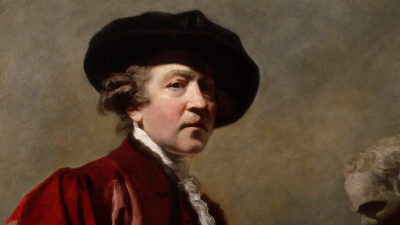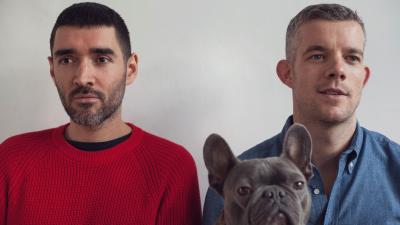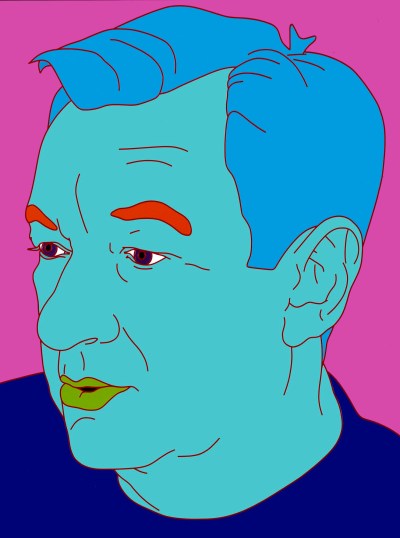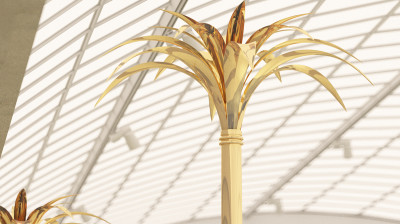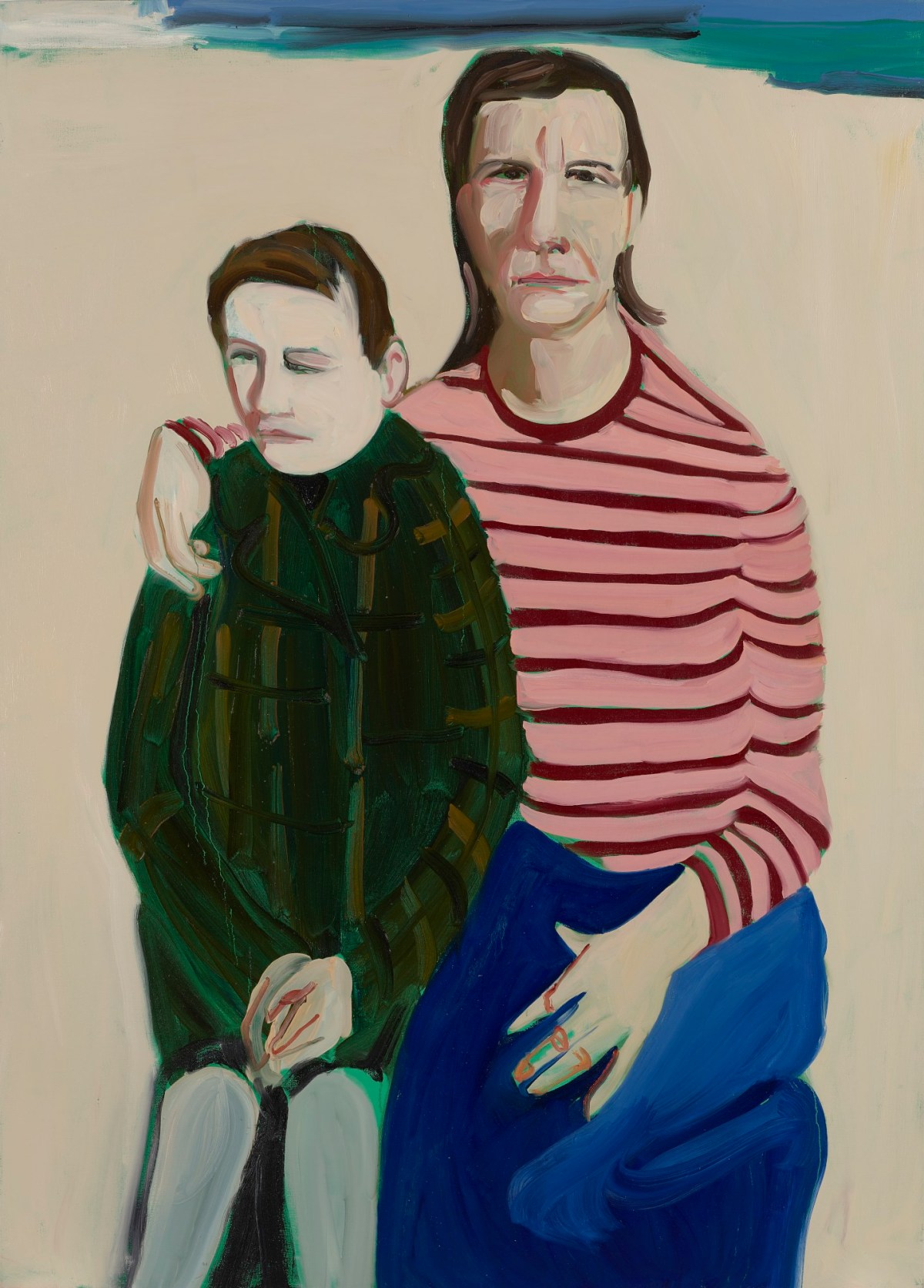
Chantal Joffe RA, Looking Towards Bexhill, 2016.
Oil on canvas. 2130 mm x 1520 mm x 32 mm. © The Artist. © Photo: Royal Academy of Arts, London.
This image is released under Creative Commons CC-BY-NC-ND
To licence this image for commercial purposes, contact our Picture Library at picturelibrary@royalacademy.org.uk
Looking Towards Bexhill, 2016
Chantal Joffe RA (b. 1969)
RA Collection: Art
On free display in Collection Gallery
Chantal Joffe’s highly personal self-portrait with her daughter, Esme, is set on the beach at St Leonard’s where the artist’s mother lives. Joffe worked from a photograph; she takes many photographs or asks others to, with the possibility of them becoming subjects for paintings. Joffe explains that many people commented that the painting didn’t look like them; however, she believed “it felt like us”. For Joffe, the feeling of a painting is more important than likeness and she often distorts features to portray emotion.
Ford Madox Brown’s The Last of England was an important reference point for Joffe for this mother and daughter subject. In the famous Pre-Raphaelite painting, a couple is pictured on a boat emigrating from England. The photograph on which Joffe’s painting was based was taken just after the mother and daughter had returned from America, a trip they used to take annually. Although they weren’t emigrating as in Madox Brown’s composition, this was a poignant trip for Joffe as this would be the last time they would make that excursion together. Furthermore, the mother felt as if her daughter were going on her own journey, away from her, as she approached her teenage years.
Looking Towards Bexhill comes from a series of portraits of the artist and her daughter, all of which explore this tension between the two figures. Joffe explained “I’m being a bit dominant and stoic I suppose in some ways. And in the way of someone that’s twelve, she’s becoming separated, or trying to. All the paintings in that series are about that: about power and that shift of mothers and daughters”.
Joffe referenced iconic imagery of the Madonna and Child, pointing out that her skirt was a Madonna blue.
"When I was painting it, I spent a lot of time looking at Madonnas in paintings and I suppose I was thinking about that. How there are only a few subjects in all of art. I love that you go to the National Gallery or the Met and there are hundreds and hundreds of them. Everyone’s been a child and most people will have children. We paint what our lives are and that’s what we want to see… well what I do anyway".
At this time, Joffe’s paintings were becoming more abstract. The stripes on the mother’s top are abstracted and she describes the work as having flat planes. For Joffe, this is tied up with the highly personal subject matter: “I think the heavier the emotion the more abstract way I use the paint. It’s almost like it’s too much, they need to be simplified I suppose”.
A display of portraits by and of Royal Academicians in the Royal Academy’s General Assembly Room in 2017 prompted Joffe to give this as her Diploma Work. She wanted to give this – an intimate painting – as a counter to the many formal portraits she saw in the room.
Quotes from unpublished interview with Chantal Joffe 2017
Object details
2130 mm x 1520 mm x 32 mm
Start exploring the RA Collection
- Explore art works, paint-smeared palettes, scribbled letters and more...
- Artists and architects have run the RA for 250 years.
Our Collection is a record of them.
